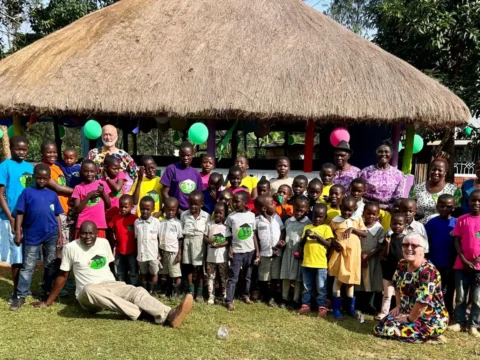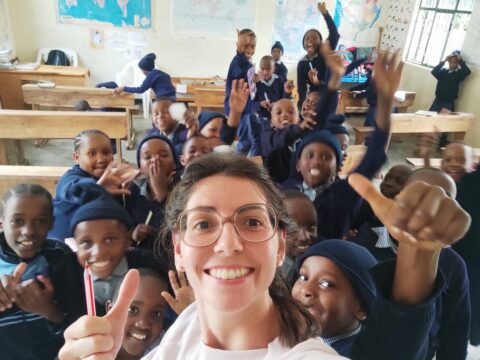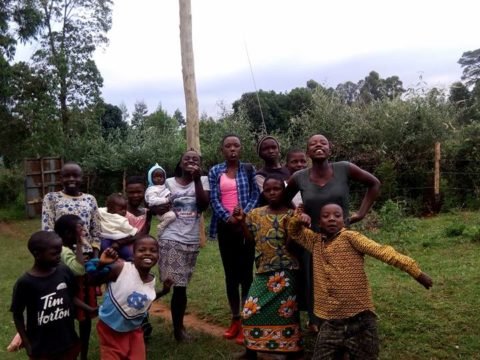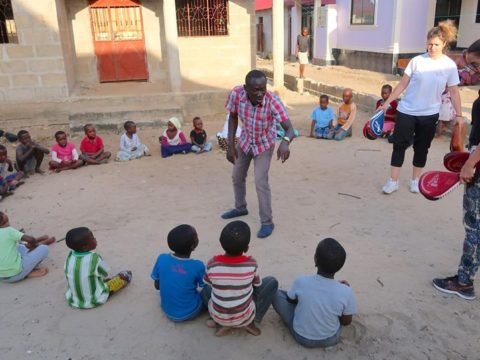Swahili (language)
Swahili is a language spoken in East Africa, mainly in countries like Kenya, Tanzania, Uganda, and parts of the Congo. It’s one of the easiest African languages to learn because it has simple pronunciation and grammar rules.
Its structure is different from English.
Instead of saying “I am going,” you say “Ninaenda.” The word “Ninaenda” is made up of “Ni” (which means “I”), “na” (which shows it’s happening now), and “enda” (which means “go”). That’s how Swahili words are often built—small pieces are added together to form meaning.
One of the cool things about Swahili is that it doesn’t have gendered words like in French or Spanish. There’s no need to remember if something is “masculine” or “feminine.” Also, many Swahili words come from Arabic, English, and even Portuguese, which makes it feel familiar if you know those languages. For example, “Safari” (which means journey) comes from Arabic.
Swahili is a polite language.
When greeting someone, it’s common to ask about their well-being first before jumping into a conversation. Instead of just saying “hello,” you ask “Habari?” which means “How are you?” And instead of saying “I’m fine,” you’d say “Nzuri,” which means “good.”
Unlike English, Swahili words are pronounced exactly as they are written. If you see “rafiki,” which means “friend,” you pronounce it just as it looks—no silent letters or tricky sounds.
Learning Swahili can be fun because it has a rhythm to it. It’s a language that flows smoothly, and once you get the hang of how words are put together, speaking it feels natural.
Volunteer projects where Swahili is spoken 🗣️
Need volunteers? Add your listing ✍🏾

















